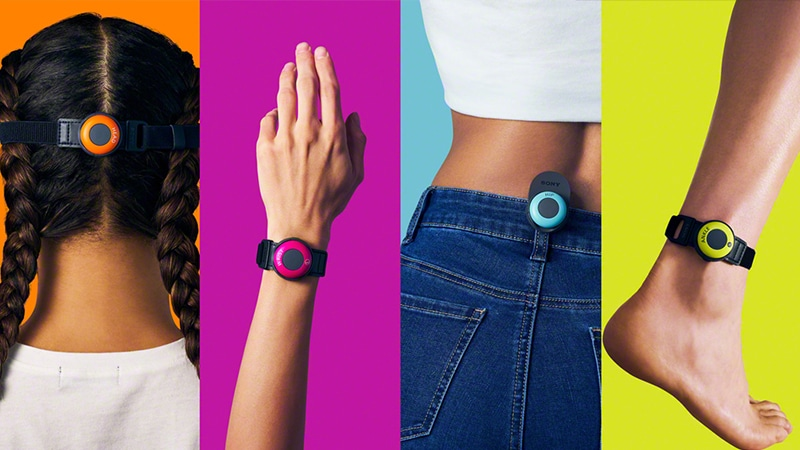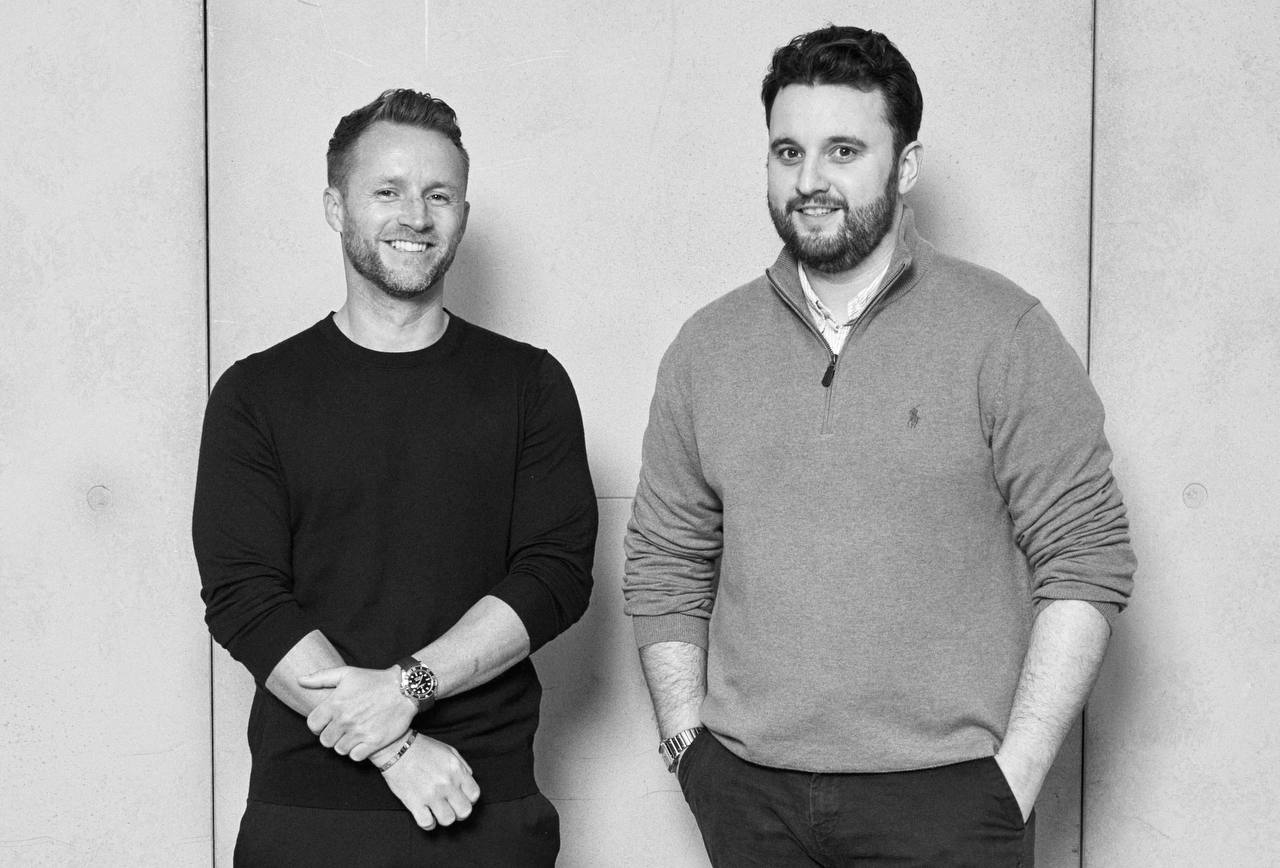The metaverse could have some serious health benefits for the way we interface with medical experts and pharmaceuticals. These are set to be fundamentally changed thanks to the advancing technologies that make up the metaverse’s infrastructure, especially AR and VR applications.
In 2022, these industries are already being transformed by virtual and augmented reality devices, improving how patients are treated, drugs are administered, and junior doctors are educated—all thanks to the convergence of new technology and new content delivery media.
VR and AR are Augmenting the Way we Heal
Metaverse technology—especially VR—will have a significant impact on content output and dispersal in healthcare as well as the pharmaceutical industry. Using VR and AR technology, patients, consumers, and doctors will be able to connect with each other and experience immersive, experiential education, no matter where they are in the world.
Using AR, doctors and pharmacists could explore the human body and see the effect of diseases and drugs on a patient in real time, presented through rich, visual information through a phone’s display or lightweight high-tech glasses. These glasses create overlays of rich and realistic virtual information across the physical world–one such company working on this world-changing wearable tech is MagicLeap.
Wearable AR goggles have the potential to make it easier for doctors not only to visualise the effects of illnesses in realtime, but also to measure and treat a patient’s potential reactions to medication before administering it. It would also make medical information more palatable for patients–for example, a patient being able to visually see a 3D representation of their heart or arteries, and the effects of heart disease. Many are convinced the Metaverse could radically improve health and fitness awareness–and it's easy to see why.
Alleviating Ailments of the Medical Industries
The pharmaceutical industry could also harness Metaverse technology to radically change the way we interface with medicine from a consumer perspective. For example, doctor appointments held in virtual reality could alleviate a great deal of stress and anxiety that some people face when visiting a hospital or medical practice; thanks to the new immersive technology allowing remote social interactions. Improvements in haptic technology might also enrich these, allowing doctors to give physical assessments through touch, all in VR.
The delivery of medical services could be further improved through user-personalized experiences and information, presented in a richer and more accessible format.
Beyond the patient perspective, AR and VR will also improve education. Recent studies focusing on new educational practices have found that medical students making use of revolutionary AR and VR apps alongside their standard learning structures developed a great retention of information and scored better on tests, thanks to the immersive content.
Healthcare and pharmaceutical companies are some of the first to begin to experiment with and adopting this new technology in a way that will change the faces of their respective industries. The potential for these companies to use the metaverse to improve their content output, patient relations, and staff training has to be taken seriously. Expect to see more and more companies following suit in the coming years as the metaverse continues to evolve.









